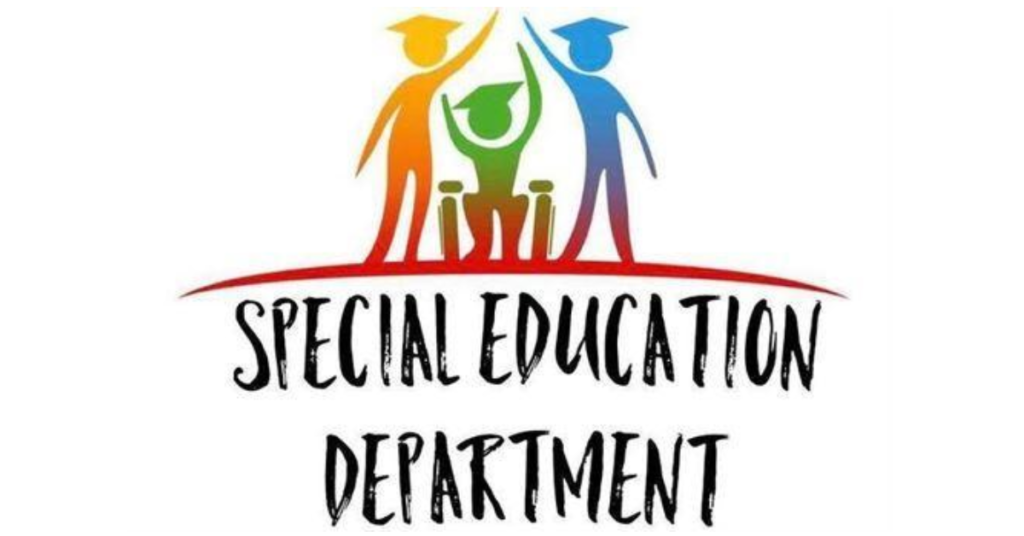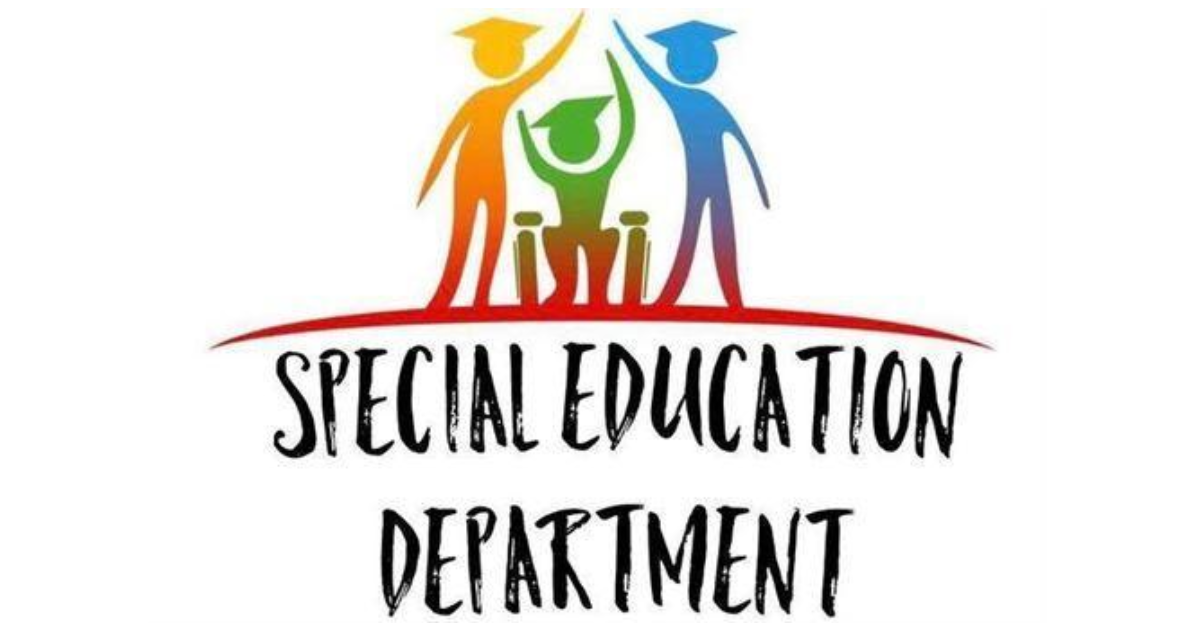Special education is an essential component of the educational landscape, catering to the diverse needs of students with disabilities. As society evolves, so too does our understanding of how to best support these individuals. University special education programs play a pivotal role in training educators who are equipped to provide effective instruction and advocacy for students with unique learning challenges. This article delves into the significance, structure, and outcomes of university special education programs, highlighting their importance in fostering an inclusive educational environment.

The Importance of Special Education Programs
Understanding Special Education
Special education refers to tailored educational services designed to meet the needs of students with disabilities. These disabilities can range from learning disorders to physical impairments, and effective special education programs ensure that every student has the opportunity to succeed academically and socially. The importance of special education lies not only in academic achievement but also in promoting independence and self-advocacy among students.
The Role of Educators
Educators trained in special education are crucial in developing and implementing individualized education programs (IEPs) that cater to each student’s specific needs. Their expertise helps in creating inclusive classrooms where all students can thrive, regardless of their abilities. Furthermore, they are advocates for their students, ensuring that their rights are upheld and that they receive the necessary resources for their educational journey.
Structure of University Special Education Programs
Types of Degrees Offered
University special education programs typically offer a variety of degree options, including:
- Bachelor’s Degrees: These programs provide foundational knowledge in education and special education, equipping students with the skills needed to work in the field.
- Master’s Degrees: Advanced programs focus on specialized areas of special education, such as autism spectrum disorders, emotional disturbances, or specific learning disabilities. They often include a mix of theoretical and practical coursework, preparing graduates for leadership roles in the field.
- Doctoral Degrees: Doctoral programs are designed for those seeking to engage in research, policy development, or higher education teaching roles. They often require a dissertation based on original research in special education.
Core Curriculum
The curriculum of special education programs generally includes a blend of theory and practical experience. Key components often found in these programs include:
- Foundational Courses: These courses cover the history, philosophy, and legal aspects of special education, providing students with a solid grounding in the field.
- Assessment and Evaluation: Students learn how to assess and evaluate students with disabilities, including the use of standardized tests and informal assessment methods.
- Instructional Strategies: Courses focused on instructional methods equip future educators with techniques to adapt their teaching styles to meet the diverse needs of students.
- Behavior Management: Understanding how to manage classroom behavior is critical in special education. Programs typically include training on positive behavior interventions and supports (PBIS).
- Field Experience: Practical experience in real classroom settings is vital. Most programs require student teaching or internships, allowing candidates to apply their knowledge under the guidance of experienced educators.
Accreditation and Standards
Accreditation is a vital aspect of university special education programs. Programs accredited by organizations like the Council for the Accreditation of Educator Preparation (CAEP) or the National Council for Accreditation of Teacher Education (NCATE) meet rigorous standards, ensuring that they provide quality education. Moreover, programs align with state certification requirements, preparing graduates to obtain the necessary licensure to teach in public schools.
Career Opportunities for Graduates
Diverse Career Paths
Graduates of university special education programs have a wide array of career opportunities. Some common roles include:
- Special Education Teacher: Working directly with students with disabilities in various educational settings, including public schools, private schools, and specialized institutions.
- Resource Teacher: Providing support and resources to general education teachers to help them effectively teach students with special needs.
- Consultant: Advising schools and educational organizations on best practices for inclusive education and the implementation of special education services.
- Behavior Analyst: Working with students with behavioral challenges to develop and implement strategies for positive behavior change.
- Administrator: Assuming leadership roles within educational institutions, such as special education coordinators or district-level administrators.
Impact on Students and Communities
The impact of special education programs extends beyond individual students; they contribute to the broader community by fostering inclusive environments that embrace diversity. By equipping educators with the skills needed to support all learners, these programs help create classrooms where every student can participate fully, enhancing social cohesion and understanding.
Current Trends and Challenges
Inclusion and Mainstreaming
One of the most significant trends in special education is the push for inclusion and mainstreaming. This approach advocates for students with disabilities to be educated alongside their typically developing peers whenever possible. While this philosophy promotes social integration, it also presents challenges, such as the need for teachers to be adequately trained to meet diverse needs within a single classroom.
Technological Advancements
Technology plays an increasingly vital role in special education. Assistive technologies, such as communication devices and adaptive software, empower students with disabilities to engage more fully in their education. Universities are now incorporating technology training into their special education programs, ensuring that future educators are well-versed in the latest tools and resources available.
Addressing Teacher Shortages
Despite the critical need for special education teachers, many regions face significant shortages. This issue stems from various factors, including the demanding nature of the job, emotional stress, and inadequate support. Universities are working to address this challenge by promoting the benefits of a career in special education and offering incentives to attract and retain qualified professionals.
Conclusion
University special education programs are indispensable in shaping the future of education for students with disabilities. By providing comprehensive training and fostering a deep understanding of diverse learning needs, these programs ensure that educators are equipped to make a positive impact in their classrooms and communities. As the landscape of education continues to evolve, so too must the approaches and methodologies within special education, ensuring that every student has the opportunity to thrive. Investing in these programs is not only an investment in the future of education but also in the lives of countless individuals who deserve the chance to succeed.
